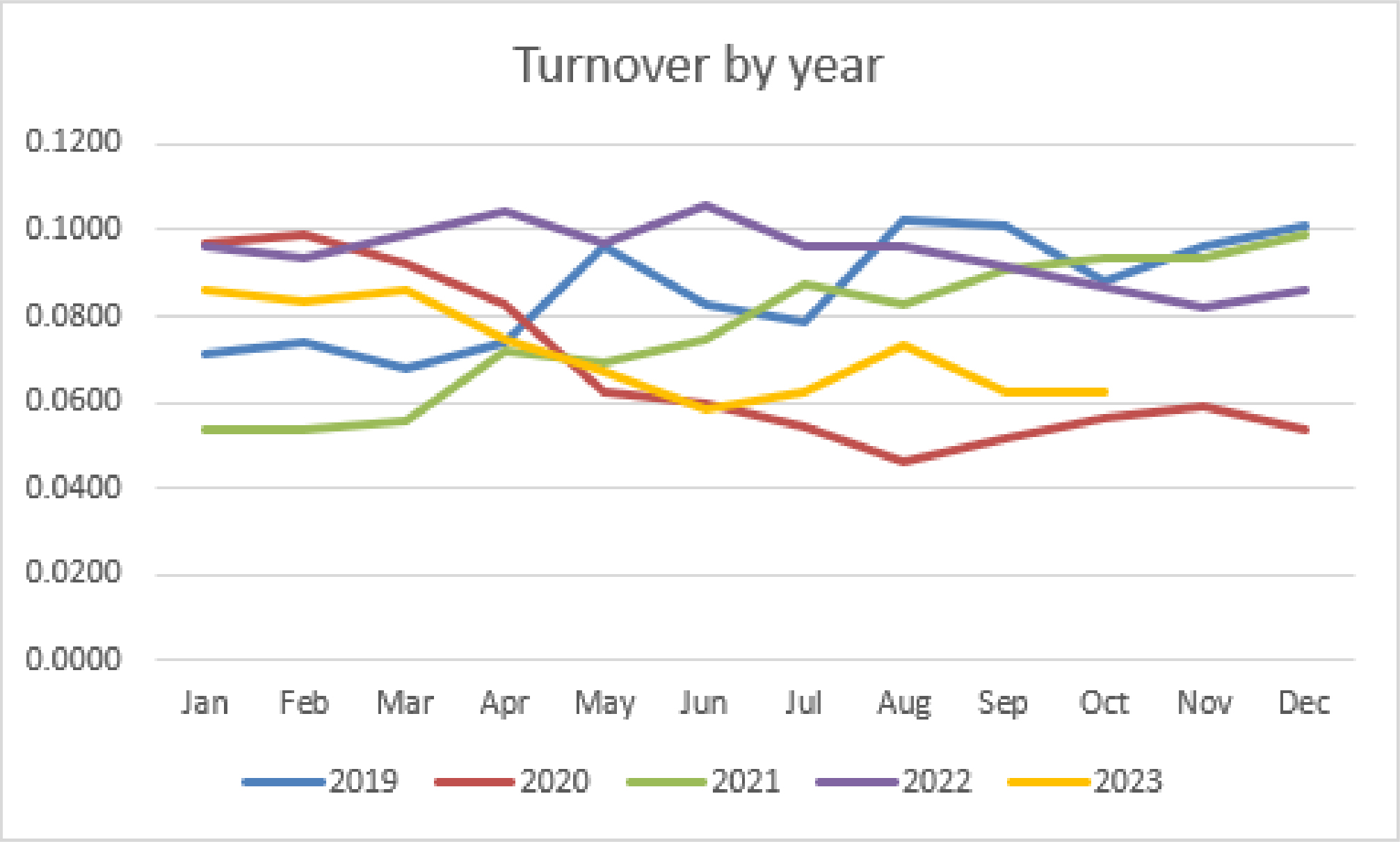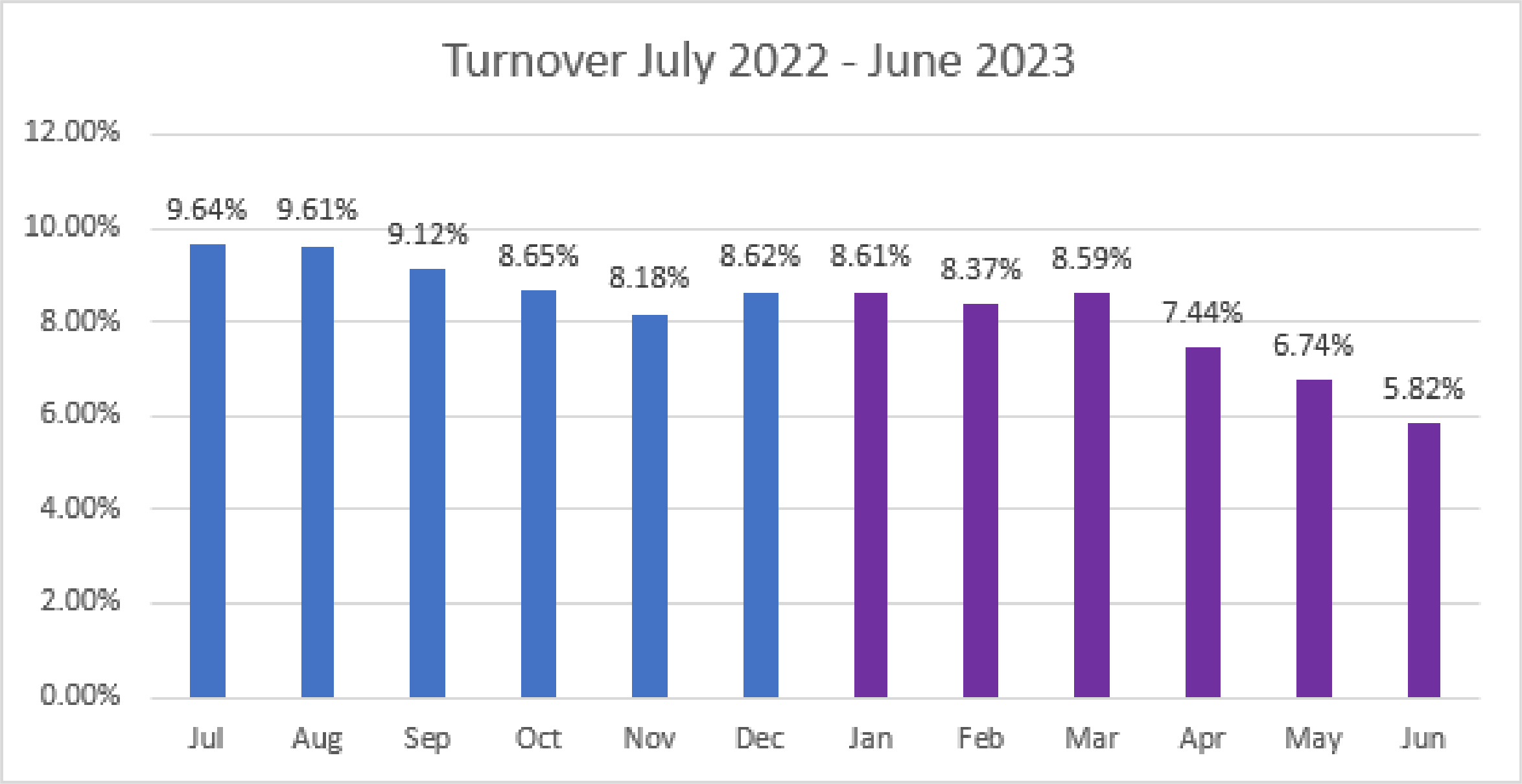HR and Workforce Development
Mature HR practices and a well-thought-out workforce development strategy are key to recruiting and retaining talented staff in a competitive economy. This is especially true for IT, where specialties like cybersecurity have a zero percent unemployment rate.


Records Management
Records Management programs have been implemented in 105 state and local government agencies, higher education institutions, boards, and commissions. Last year, with 58% reporting, state agencies, local government offices, and higher education institutions disposed of 11,832 cubic feet of records that satisfied their retention requirements. This savings in storage space, equipment, and related salaries resulted in a cost avoidance of $4,544,340.59. For the entities reporting a volume of electronic records, 37 TB were disposed for a cost avoidance of $45,983.05.
The Records Management staff also consults with agencies on a regular basis to review their records management program and practices and offer recommendations to enhance their current processes and provide guidance on records management best practices.
Highlights from the past year include:
- Implementation of House Bill 1528 (Amendments to NDCC 54-46 Records Management) relating to the final disposition of records, mandatory records retention policies, and the administration of employee accounts for supervisors and above upon unexpected employee departure from an agency
- Enhancements to the Records Management System (RMS) and Records Management website to better service users
- Onboarding of the JotForm tool for data collection to provide modernized options for state forms
- Establishment of quarterly training and education opportunities for Records Coordinators
Program Improvements in Progress:
- Data Governance Initiative: will provide structured guidance for managing the entire life cycle of records and information for state agencies and other state and local entities using a wide spectrum of policies, standards and practices, and technology solutions.
- Data Loss Prevention: will enhance current data loss prevention and data privacy practices to ensure state records and other data are properly classified and protected when sent through email or other data sharing channels.
- Program Review: updates to the records management program review process will create efficiencies for records management staff and users and provide more focused recommendations for program improvement to agencies.
Program Recommendations:
- The State of North Dakota should:
- Explore growth in the Records Management area, including additional personnel and software solutions to improve automation.
- Create policy and guidance around records and other data stored in cloud-based software applications, including email management in Outlook and other state data stored in Microsoft Teams, SharePoint, and OneDrive that would address how retention on those items will be managed.
